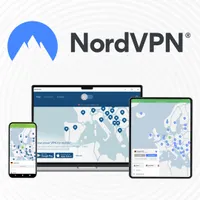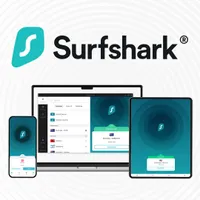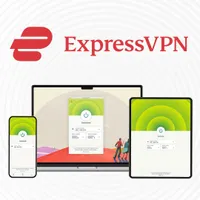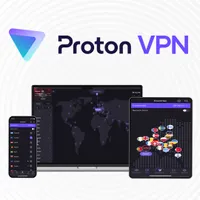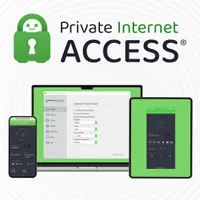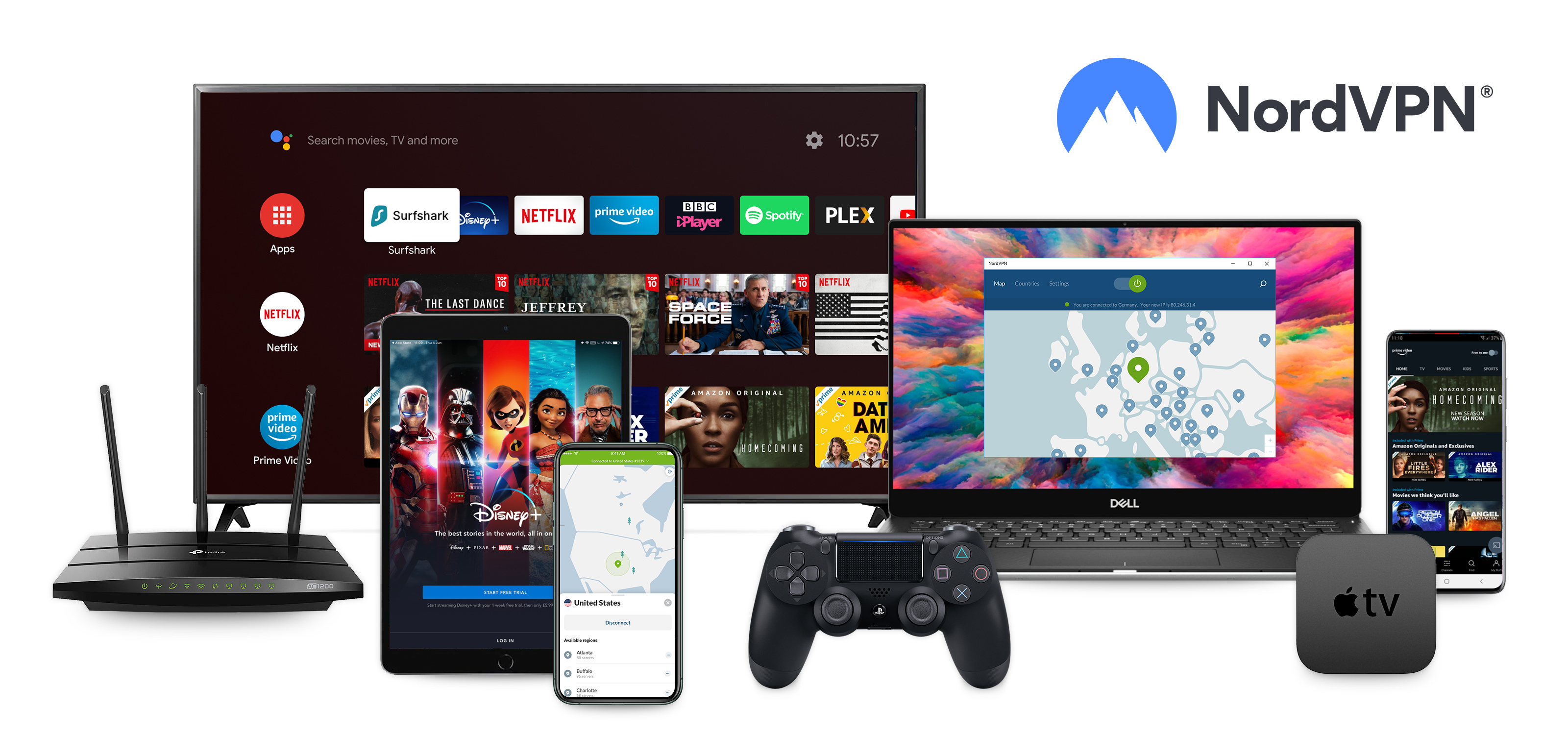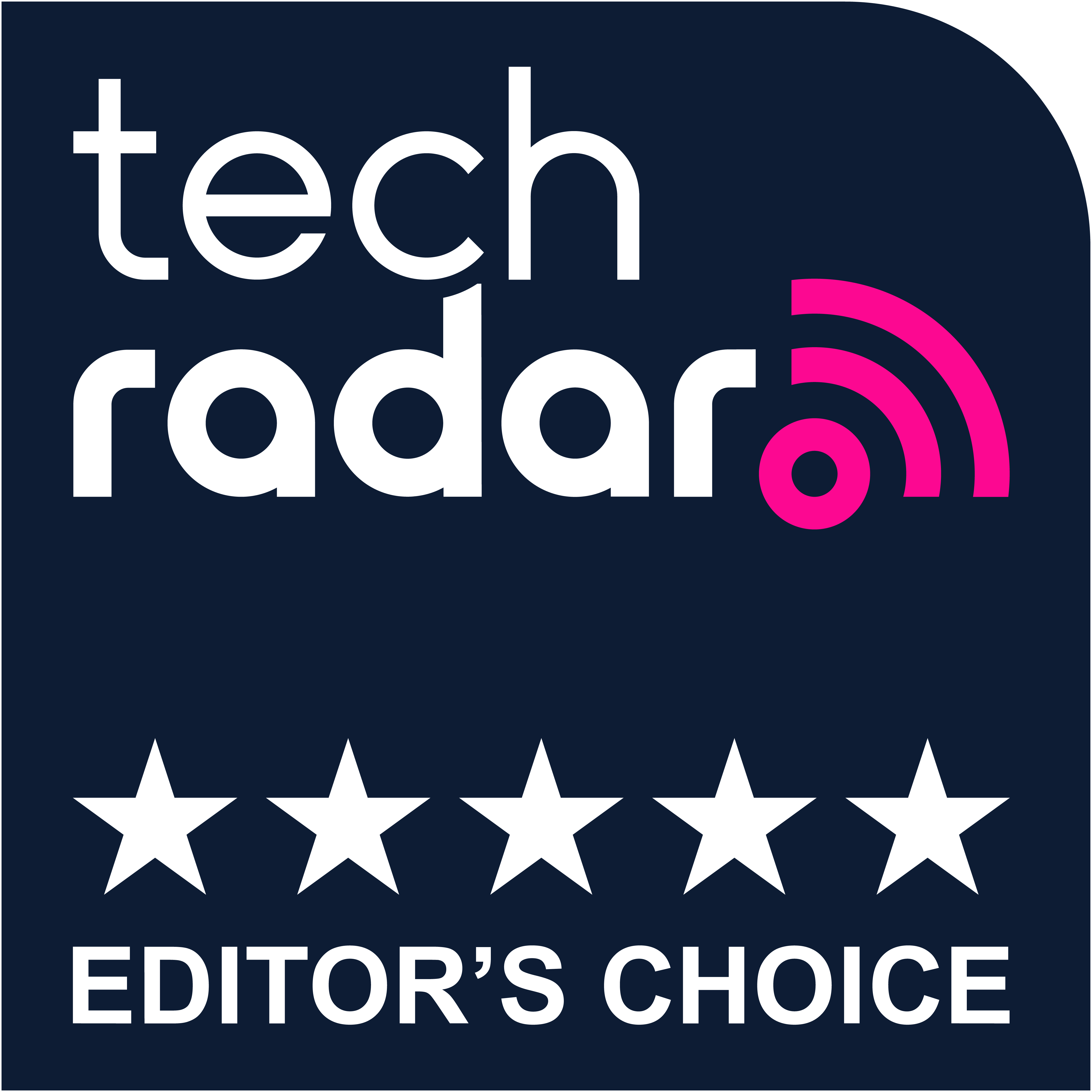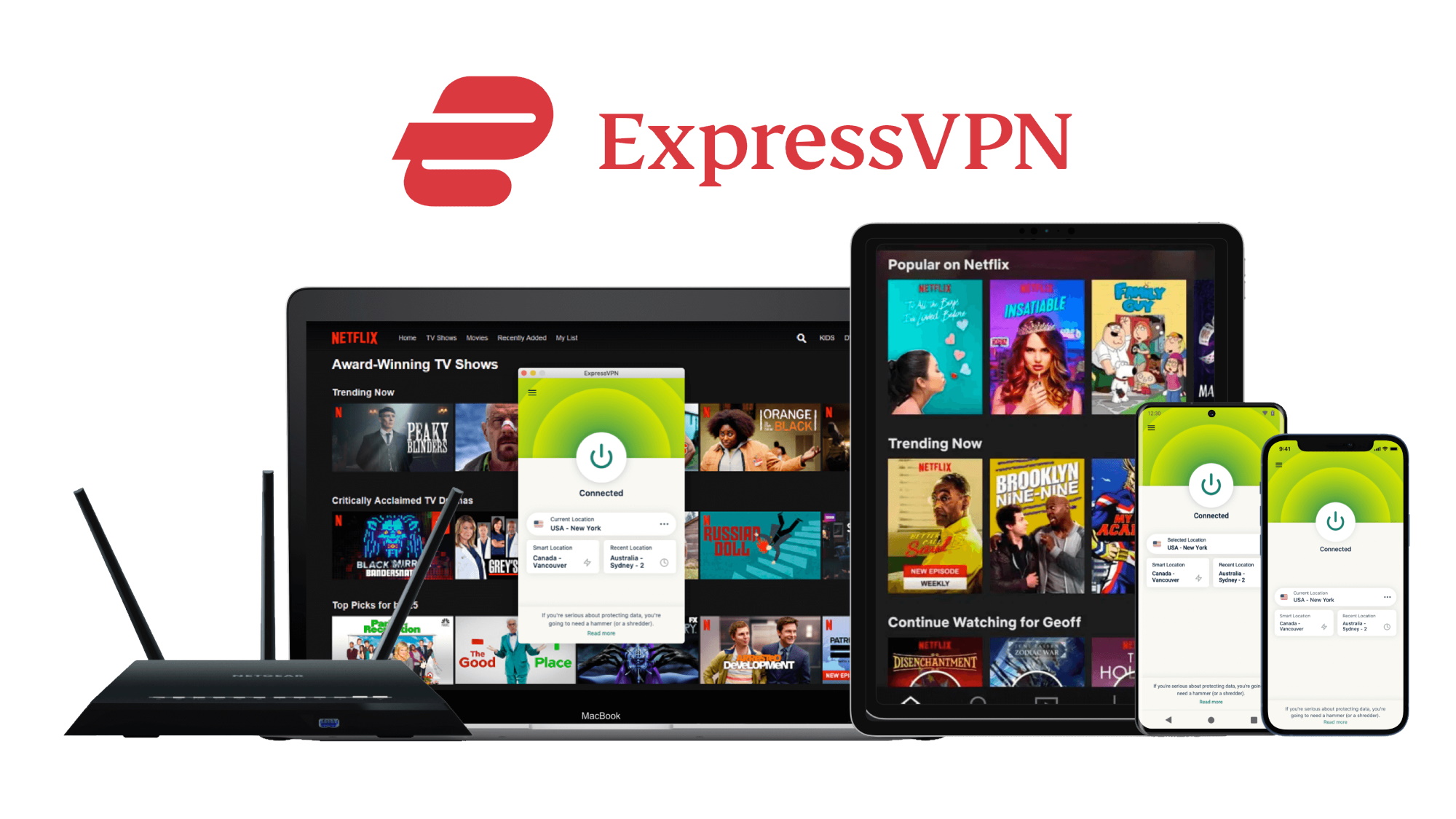The best Prime Video VPN 2025
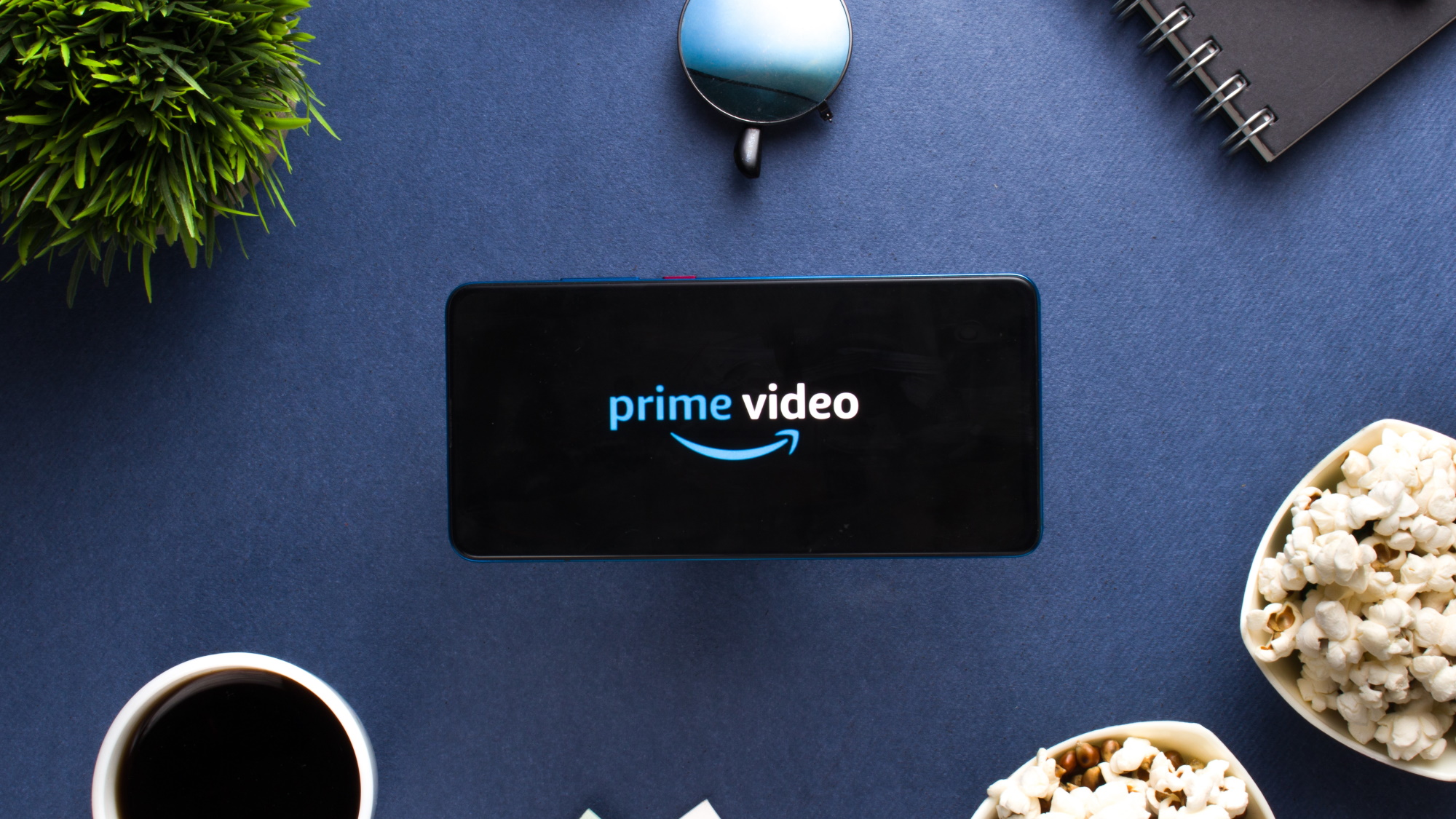
Amazon Prime Video is jam-packed with content but, as any avid streamer already knows, titles differ from region to region, meaning that if you travel overseas, you might just lose access to your favorite ongoing series. A Prime Video VPN is a sure-fire way to take your shows, movies, and live sports with you – no matter how far your travels (or vacations) take you from home.
Our shortlist is the result of hundreds of hours of hands-on testing. We also put today's best VPNs through their paces, tuning in to Prime Video content to ensure they can keep up with HD streaming. Every VPN we’ve included offers excellent connectivity and a broad, globally distributed server network. No matter where you are, you can expect smooth playback and minimal lag while watching your favorite content.
Based on our latest tests, NordVPN came out on top for streaming Prime Video, delivering consistently strong performance. Surfshark is also a great alternative, offering high-speed connections and unlimited simultaneous device support, all at a budget-friendly price.
5 best Prime Video VPNs: quick overview
1. NordVPN – from $3.39 per month
The best VPN overall
NordVPN tops our list for Prime Video thanks to a massive network of servers, in 118 countries, and some of the fastest, most stable speeds we've recorded during our in-house testing. Plus, NordVPN has awesome apps for Smart TVs, so you can enjoy your Prime Video favorites on the big screen (as well as your laptop, PC, mobile, and tablet). Add built-in security tools to the mix, as well as 10 simultaneous connections, and you have an awesome all-rounder that's hard to beat. Check out NordVPN in your own time with a 30-day money-back guarantee.
2. Surfshark – from $2.19 per month
The best cheap VPN
Surfshark’s almost as good as NordVPN when it comes to streaming and also offers unlimited simultaneous connections. That’s perfect if your whole household streams on Prime Video or other streaming sites and you don’t want to solve arguments about who gets to use the VPN. It's extremely affordable at only $1.99 a month for the two-year plan, but don’t let the low cost fool you: it’s still jam-packed with features, even in the Smart TV app. We’ve found that browsing Amazon Prime is near-seamless on Surfshark, so you won’t need to worry about buffering or lag. That said, it’s also covered by a 30-day money-back guarantee, so you can try it out without a serious commitment.
3. ExpressVPN – from $4.99 per month
The best secure VPN
ExpressVPN is well-known as one of the best streaming VPNs, and with good reason. It’s incredibly easy to use, as all of the advanced encryption and obfuscation settings needed to keep you safe are enabled by default using ExpressVPN’s proprietary LightWay protocol. All you have to do is hit connect, and you’ll be able to access Amazon Prime from any of ExpressVPN’s 105 countries on offer, keeping your connection speeds lightning-fast and your latency low from nearly anywhere on the planet. You’ll be paying a little bit extra for the premium service, however, as ExpressVPN costs $4.99 even for a two-year deal. Fortunately, it also offers a 30-day money-back guarante,e which allows you to try all of ExpressVPN’s features risk-free.
4. Proton VPN – from $3.59 per month
The best VPN for privacy
Proton VPN isn’t just a privacy-focused VPN, it’s also a strong streaming VPN with a fantastic free tier that still unblocks some streaming platforms, including Amazon Prime. However, it’s the premium plan that really shines for Prime Video. It performed well in our speed tests and worked across several different streaming sites, but a few instances of excessive buffering mean that we’re ranking it slightly lower than ExpressVPN. It’s also about as expensive, at $4.49 per month for a two-year deal. If you want to try it for yourself, Proton VPN is covered by a 30-day money-back guarantee.
5. Private Internet Access (PIA) - from $2.03 per month
The best Linux VPN
PIA gives you full control with a wide range of customizable settings for your VPN, so you can set it up exactly the way you want while streaming video on Amazon Prime. It’s one of the best VPNs for streaming inside the United States thanks to servers in all 50 US states, making it a low-latency option for voice calls, streaming, and gaming. It’s also exceptionally cheap at only $1.99 per month on the three-year deal, which includes four months for free. Of course, PIA also has a 30-day money-back guarantee included in case you’re not completely convinced by the service on offer.
The 5 best Prime Video VPNs in 2025
Why you can trust TechRadar
The best Prime Video VPN overall
1. NordVPN
The best VPN for Prime Video
Server locations: 154 | Maximum testing speed: 950+ Mbps | Maximum devices supported: 10 | Money-back guarantee: 30 days
NordVPN isn’t just a great all-rounder VPN pick, it’s also our top choice for Prime Video. With over 150 locations to pick from in 118 countries, NordVPN’s high-speed servers provide you with all the connectivity you need to watch 4k content on Amazon Prime while keeping your connection secure and private. It’s a little more expensive than Surfshark, but the added streaming features make it worth it.
Read more about NordVPN ▼
Ease of use
NordVPN’s apps are streamlined and easy to navigate on every platform we’ve tested. On NordVPN’s desktop client, all you need to do is download the app and follow the installation wizard.
On a smart TV, setup is even easier: just scan a QR code, and you’re good to go. If you haven’t got access to a QR reader, you can also log in by accepting a push notification on another device with NordVPN already installed. We had it up and running on our Android TV in under three minutes, so it’s perfect if you’ve got some last-minute setup to do before movie night.
NordVPN also provides SmartDNS, which doesn’t offer the same set of features as a full VPN, but it does allow you to cover older Smart TVs with NordVPN’s optimized streaming DNS servers. It’s also a little faster, as you don’t have the overhead that comes from a fully encrypted VPN connection.
If you’d prefer a little more functionality, the full VPN client for Smart TVs uses SmartPlay, which performs the same dynamic routing as SmartDNS to automatically optimize your Amazon Prime experience while also giving you all of the privacy benefits of a VPN.
With Smart DNS enabled, your DNS requests are routed through private, encrypted servers, so anyone monitoring your DNS requests won’t be able to see what you’re accessing.
Performance
NordVPN delivered top-tier speeds in our most recent round of speed testing, consistently reaching 950+ Mbps on NordLynx, which is NordVPN’s version of WireGuard.
That’s more than fast enough for 4K streaming (and why it's the best VPN for Netflix, too). We were easily able to log into Prime Video and found that playback was smooth and buffer-free, even when jumping rapidly between videos and movies on the service.
The best cheap VPN
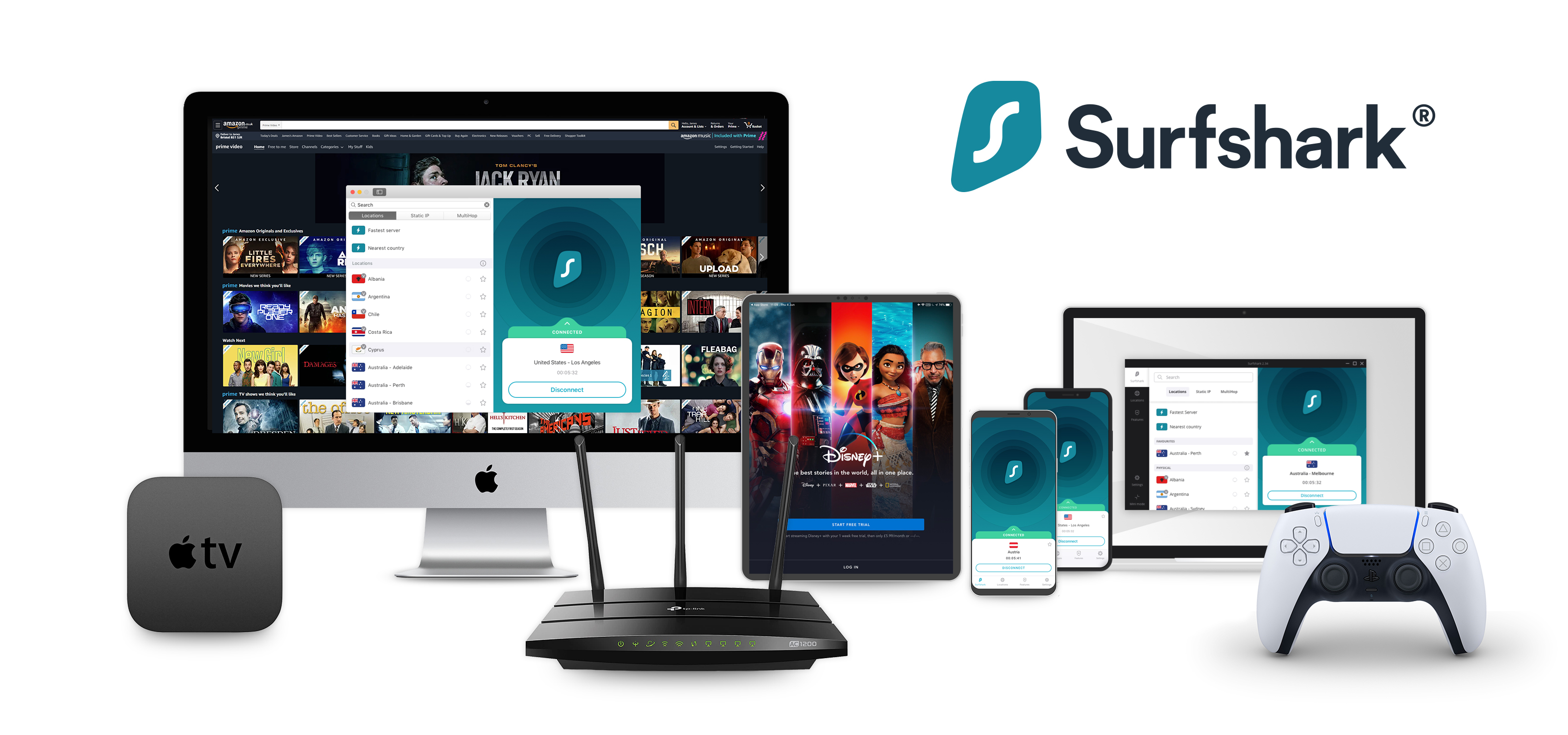
2. Surfshark
The speediest Prime Video VPN
Server locations: 141 | Maximum testing speed: 950+ Mbps | Maximum devices supported: Unlimited | Money-back guarantee: 30 days
Surfshark’s our top budget picket for a Prime Video VPN. It’s as fast as NordVPN, offering excellent performance at a lower price. It’s also one of the few VPNs out there that doesn’t limit the number of devices you can use simultaneously, which makes it perfect if you’ve got a household full of streaming addicts all watching their own shows.
Surfshark doesn’t quite offer the same number of streaming-specific features as NordVPN, but if you’re not trying to stream on an older Smart TV, then Surfshark’s a perfectly workable choice.
Read more about Surfshark ▼
Ease of use
The Surfshark app is fantastically easy to use, but still packs a lot of functionality. Logging into the app on a SmartTV requires either a QR reader, using a login code that you can generate from another Surfshark app, or just by using your normal account details.
The app interface is as polished as the desktop and mobile versions, with a minimalist style that clearly outlines all of the interactable elements of the app.
We were particularly impressed by CleanWeb support on the TV app, which keeps advertisers and trackers from being downloaded to your TV. We found a few ads cropping up while using Amazon Prime, but it’s still useful if you’re browsing the internet using your Smart TV.
Accessing multi-hop and static IP servers on Surfshark is also simple, as they’re all kept under separate tabs. Admittedly, it’s unlikely that you’re going to use multi-hop servers if you’re trying to get the absolute best performance while streaming content, but it’s nice to see the option is there regardless.
Performance
In our latest tests, Surfshark matched NordVPN’s performance at 950 Mbps+ using WireGuard. That’s easily enough to stream in 4K, as well as perform other high-bandwidth activities such as P2P file sharing. It's why we rank it as the fastest VPN overall.
You’ll be getting the most out of your connection with Surfshark. It has gone through some serious network upgrades recently, which overhauled the entire way Surfshark works, moving onto a software-defined network that allows you to regularly change the IP you’re using. Even with this feature enabled, we found that Prime Video loaded quickly with no noticeable drops in quality.
The best beginner VPN
3. ExpressVPN
An ideal pick for VPN newbies
Server locations: 160 | Maximum testing speed: 898 Mbps | Maximum devices supported: 8 | Money-back guarantee: 30 days
ExpressVPN is also a fantastic choice for streaming. It’s just a little more expensive than NordVPN and Surfshark, which is why it’s lower down on our list. However, it’s still a top-tier option for streaming on Amazon Prime, particularly if you need a VPN that’s easy to deploy and use.
It’s also great if you’re streaming on the go, thanks to the proprietary Lightway protocol, which is built to make swapping between Wi-Fi and mobile data completely seamless.
Read more about ExpressVPN ▼
Ease of use
All of ExpressVPN’s apps are intuitive to use, hiding many of the complex VPN options that providers like PIA leave front and center. When you log in, you’re immediately presented with the connect button and a smart location dropdown, which gives you the fastest server to connect to.
It’s perfect if you need a VPN you can leave running in the background, safe in the knowledge your internet traffic is covered by ExpressVPN’s advanced quantum-resistant encryption.
ExpressVPN provides you with three different ways to log in on Smart TV devices: using a username and password pair, logging via a QR code that asks you to enter your username and password on a separate device, or by entering a code presented by the ExpressVPN app into your web dashboard.
You’ll also have to click through a few prompts before you get access to the actual app, but once you’re in, it’s incredibly straightforward (which is what you'd expect from today's best VPN for beginners).
Performance
ExpressVPN is almost as fast as the top performers on our list. We clocked top speeds of 898 Mbps using our 1 Gbps testing line, which is almost the maximum we test for.
This isn’t particularly surprising, as ExpressVPN is optimized for speed, but we did encounter some hiccups during our initial testing, which required us to move off of a virtual machine and onto physical hardware to hit those high speeds.
As for our experience while using Prime Video, we didn’t encounter any buffering or stream lag while testing out the service. We’ve noticed that ExpressVPN performs exceptionally well on mobile, especially when changing connection sources.
You’d expect to encounter some lag while changing between WiFi and mobile data, but ExpressVPN handles it flawlessly. If you’re exclusively watching content on your phone, we’d recommend ExpressVPN first and foremost.
The best free VPN
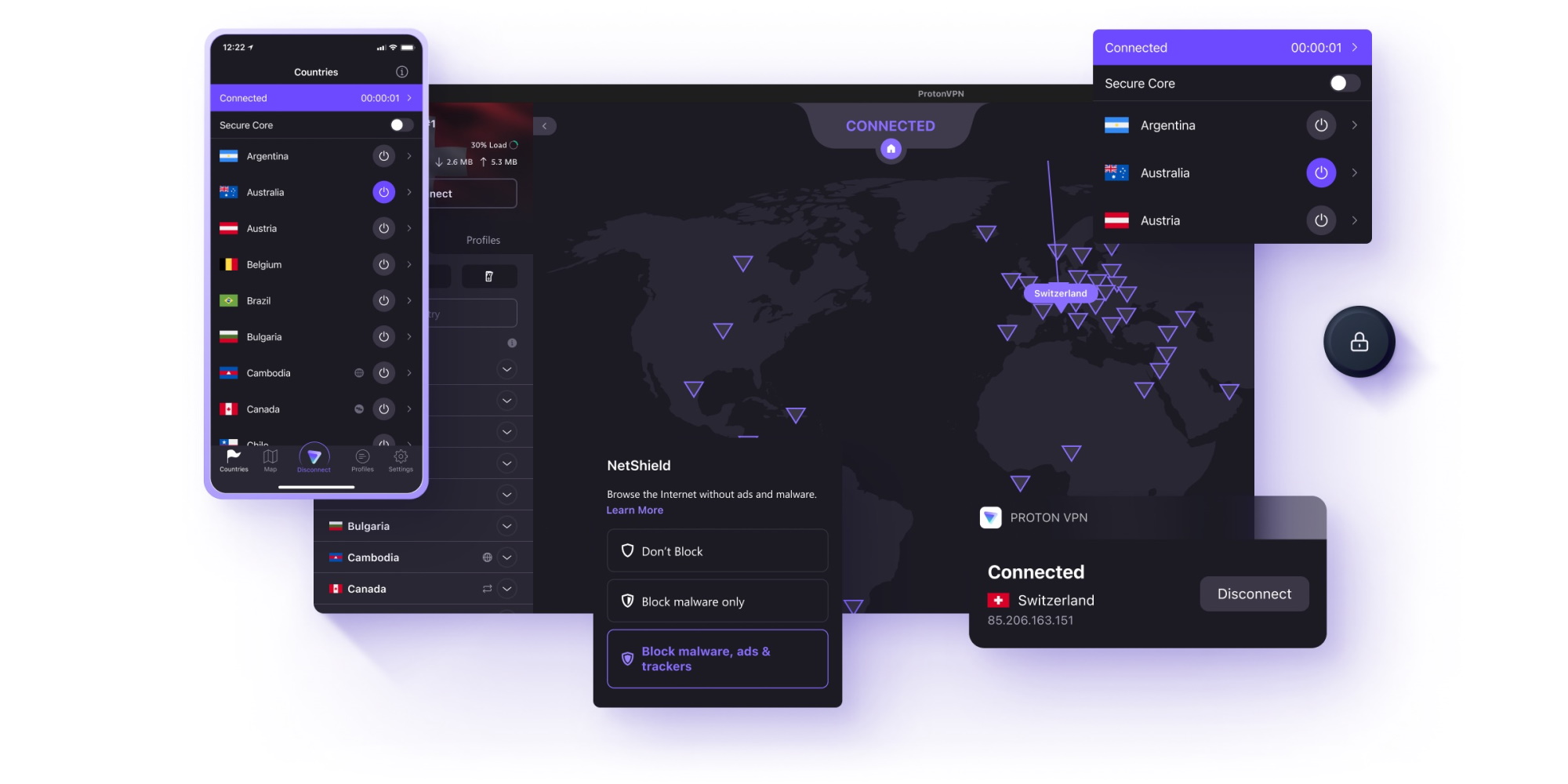
4. Proton VPN
A decent Netflix VPN that offers a free plan to try.
Server locations: 144 | Maximum testing speed: 950+ Mbps | Maximum devices supported: 10 | Money-back guarantee: 30 days
Proton VPN is best known for its strong position on privacy, but it’s also a great choice for streaming. Proton doesn’t focus quite as much on keeping streaming services available as providers like NordVPN, Surfshark, or ExpressVPN do, but our tests show that it’s still possible to access Amazon Prime and a range of other streaming services like Netflix, BBC iPlayer, and Disney+. It’s also exceptionally fast, although we ran into some issues with connectivity during our testing.
Read more about Proton VPN ▼
Ease of use
Proton VPN’s interface is a little more technical than most of the other providers on our list, but it’s still beginner-friendly enough. There’s an optional tutorial if you need to walk through Proton VPN’s features for the first time, which makes it a lot easier to jump into.
We’ve found that Proton’s new “Profiles” feature was incredibly helpful during our testing, as it lets you create pre-set streaming configs with all of the settings you need to enjoy Amazon Prime. If you’re winding down from a work day, all it takes is a few clicks to change your VPN out of work mode and into the settings you have stored for watching Amazon Prime.
You’ll have to jump through a few hoops if you want to get Proton VPN working on your Smart TV. Once you’ve downloaded the app, you’ll need to head over to a specific URL and sign in again with your username and password, and then enter a code from the TV app. However, as soon as you do, you’ll be connected. It’s not quite as easy as the QR-code-based approach we’ve seen from other providers, but it works.
Performance
We performed speed tests on Proton’s premium servers and were pleasantly surprised to see that, like NordVPN and SurfShark, they maxed out our 1 Gbps testing line at 950+ Mbps.
However, we did notice some minor buffering while loading, which was enough to drop our ranking below ExpressVPN. However, we should point out that the competition is incredibly tight, and Proton VPN is still perfectly acceptable if you want a powerful streaming VPN that also offers strong privacy features.
The best Linux VPN
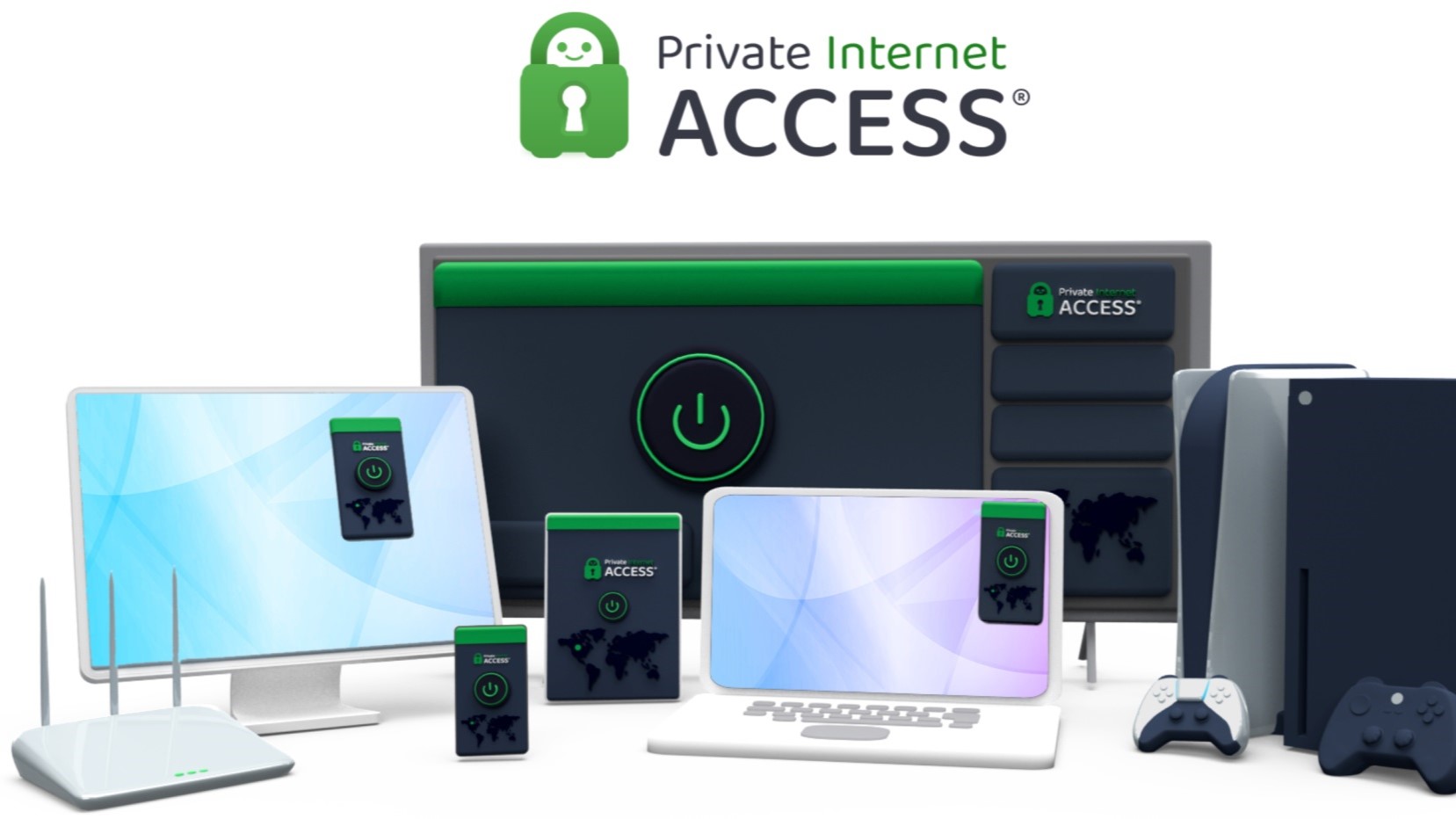
5. Private Internet Access (PIA)
An industry veteran, with dedicated streaming servers
Server locations: 151 | Maximum testing speed: 346 Mbps | Maximum devices supported: Unlimited | Money-back guarantee: 30 days
PIA is the most customizable VPN on this list, but it’s also the slowest. If you want to drop the strength of your encryption slightly for some speed gains, PIA will let you do that. That said, if you’re just looking for a plug-and-play VPN, you’re better off looking at another provider like ExpressVPN.
On the plus side, PIA is one of the only providers we’ve seen that offers locations to connect to in all 50 states. If you’re looking for minimal latency while connecting inside the US, it might be worth checking out PIA. Of course, PIA also allows you to access Amazon Prime without throwing up warnings about connecting from a VPN.
Read more about PIA ▼
Ease of use
PIA’s apps are clean, but still a bit more complex than the average VPN client. You can choose encryption levels, protocols, and enable obfuscation manually. We’re a bit less impressed with the PIA Android TV app, which doesn’t offer nearly the same level of features or customization. It’s still functional, but it’s below the standard of what we expect from a top-tier provider like PIA.
We also found that the app dropped connection several times while using it, which made it more difficult to stream content. While PIA’s apps are great on the desktop, we have to recommend you look elsewhere if you need a streaming VPN that works on your Smart TV.
Performance
PIA’s performance is also underwhelming compared to the rest of our providers on our list. Our speed tests showed that PIA’s speeds, on average, only hit 436 Mbps on our 1 Gbps line. That’s a loss of over 50%, which means that if you’re streaming on a seriously low-bandwidth line, you might struggle to reliably stream in 4K.
However, apart from some connection issues stemming from the Smart TV app, we found that playback was smooth and consistent for Amazon Prime during our desktop tests.
FAQs
Does Prime Video block VPNs?
Yes, Prime Video does actively try to detect and block VPN traffic to enforce regional licensing restrictions on content. In some regions, Amazon Prime doesn’t have the licensing requirements needed to show some shows, and so is actively required to stop users from trying to get around the geo-blocks they’ve put in place.
Like other streaming services, Amazon Prime uses a combination of IP address tracking and DNS filtering to limit access. That’s why only a few top VPNs consistently work with Prime Video, as they constantly invest in updating their servers. We don’t recommend that you use a VPN to get around these blocks, as you’d be violating Prime Video’s terms of service.
Can I use a free VPN to watch Prime Video?
In most cases, you can’t use a free VPN to watch Prime Video. Free VPNs usually don’t invest in upgrading their server networks, so once they’re blocked by streaming services like Amazon Prime, they usually remain that way.
They’re also more likely to log your data, so it’s really not worth using most free VPN providers.
If you're set on trying one, Proton VPN's free tier is the safest bet as it has been audited by several third-party cybersecurity companies to ensure its no-logs policy is legitimate. Even then, Proton VPN only actively updates its paid servers to ensure that you’ll still get access to Amazon Prime, Netflix, and other streaming sites.
Do VPNs work on Prime Video?
Some VPNs do work on Prime Video, but not all of them. We’ve found that it’s usually the premium services that work with Amazon Prime, such as NordVPN, ExpressVPN, and Surfshark. We regularly test VPNs to see which ones can reliably work with Prime Video on multiple platforms, including Fire TV.
Not all VPNs are up to the task, so stick with our vetted picks. If you want to test a VPN out for yourself, make sure you pick one with a 30-day money-back guarantee so you can get a refund if it turns out you can’t access Prime Video.
Sign up for breaking news, reviews, opinion, top tech deals, and more.

Sam Dawson is a cybersecurity expert who has over four years of experience reviewing security-related software products. He focuses his writing on VPNs and security, previously writing for ProPrivacy before freelancing for Future PLC's brands, including TechRadar. Between running a penetration testing company and finishing a PhD focusing on speculative execution attacks at the University of Kent, he still somehow finds the time to keep an eye on how technology is impacting current affairs.
- River HartTech Software Editor
